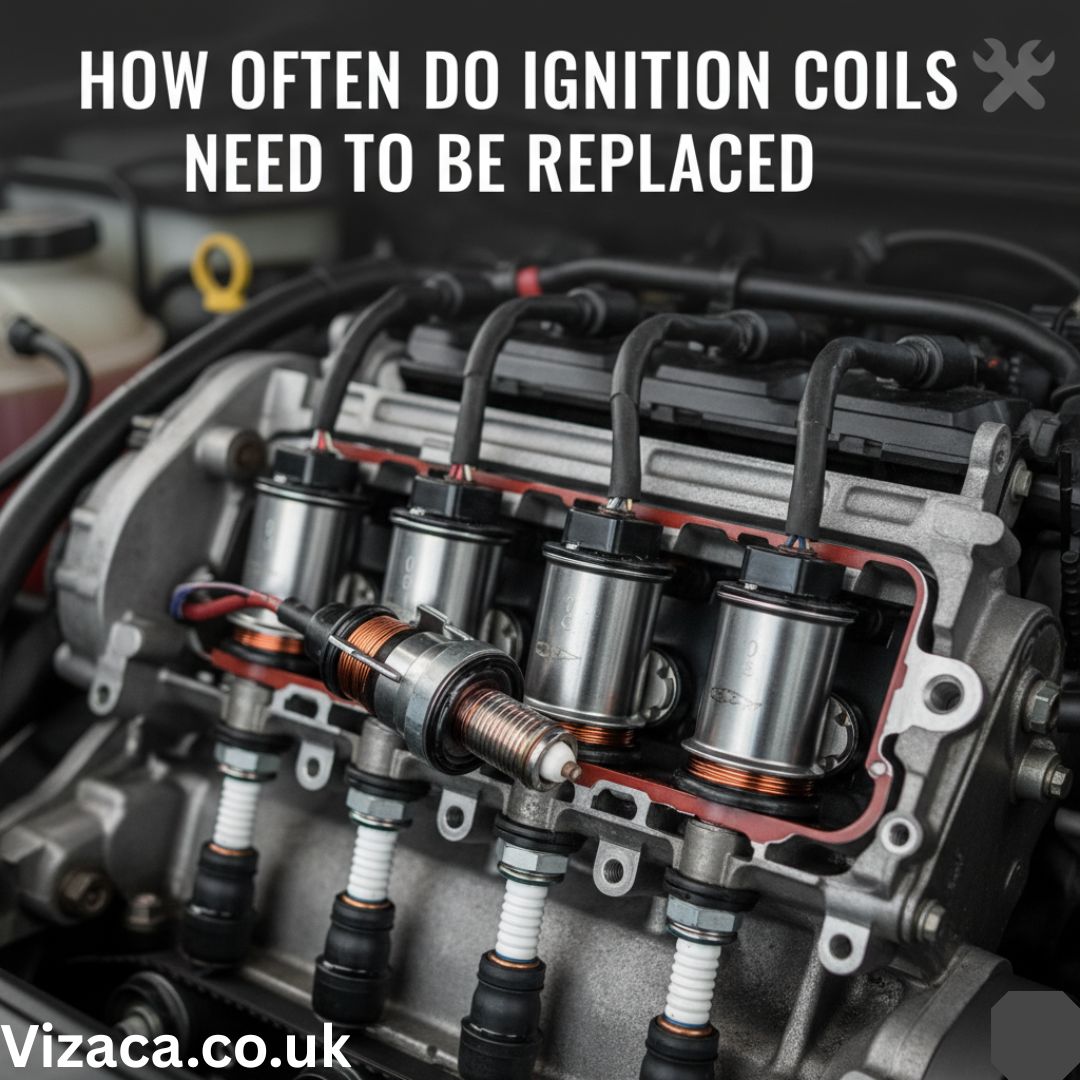Yes, coolant can affect your car’s air conditioning system—but only indirectly.
Coolant (also known as antifreeze) and refrigerant (used in the AC system) are separate fluids that serve different purposes, but they work closely together to manage your car’s overall temperature and performance.
Let’s break down how coolant influences your AC system and when it might be the reason your AC isn’t cooling properly.
What Coolant Actually Does
Coolant circulates through your engine and radiator to:
- Absorb engine heat
- Prevent overheating
- Maintain stable engine temperatures
- Protect against corrosion and freezing
Coolant flows through components like the radiator, thermostat, and heater core, but it does not flow through the AC system.
How Coolant Can Affect the AC System
1. Overheating Can Disable the AC
If your coolant level is too low or the engine is running too hot, the car’s computer system may automatically shut off the AC to reduce engine load and protect from damage.
Signs this may be happening:
- Engine temperature gauge is high
- AC works only at higher speeds, not while idling
- AC suddenly blows warm air in traffic or during heavy use
2. Shared Cooling Fans
Many vehicles use the same electric cooling fan to cool both the radiator (for coolant) and the AC condenser (for refrigerant).
If the fan isn’t working due to a coolant issue—like overheating, a stuck thermostat, or a failing sensor—it can reduce airflow and cause poor AC performance, especially at low speeds or while idling.
3. Faulty Temperature Sensors or Controls
In cars with automatic climate control, coolant temperature sensors help the system manage air temperature. If a sensor is faulty or reading wrong due to coolant issues, it can lead to inconsistent AC behavior or poor airflow control.
When Coolant Isn’t the Problem
If your engine temperature is normal, and the AC still isn’t blowing cold, then the problem likely lies within the AC system itself, such as:
- Low refrigerant
- Faulty compressor
- Leaking AC components
- Clogged condenser
- Electrical or sensor issues
In these cases, topping off or flushing your coolant won’t help the AC work better.
What to Do If You Suspect Coolant Is Affecting AC
- Check the coolant level (only when the engine is cool)
- Look for leaks around the radiator, hoses, or reservoir
- Watch your temperature gauge while running the AC
- Inspect cooling fans—they should turn on when the AC is running
- If needed, have your cooling system tested and your AC system diagnosed
FAQs
Can low coolant cause the AC to stop working?
Yes, indirectly. If the engine overheats due to low coolant, your car may shut off the AC to protect the engine.
Will adding coolant make my AC blow colder?
Only if your AC wasn’t working because the engine was overheating. Otherwise, no—coolant doesn’t directly affect the AC’s cooling power.
Does refrigerant and coolant mix?
No. Refrigerant and coolant are completely separate systems with different purposes. They do not interact directly.
Final Thoughts
Coolant doesn’t directly make your AC colder, but it plays a vital role in helping your engine and climate control system function properly. If your car is overheating or the cooling fan isn’t working, your AC can suffer too.
So while adding coolant won’t “fix” your AC, keeping your cooling system healthy is essential for everything under the hood—including your comfort.










